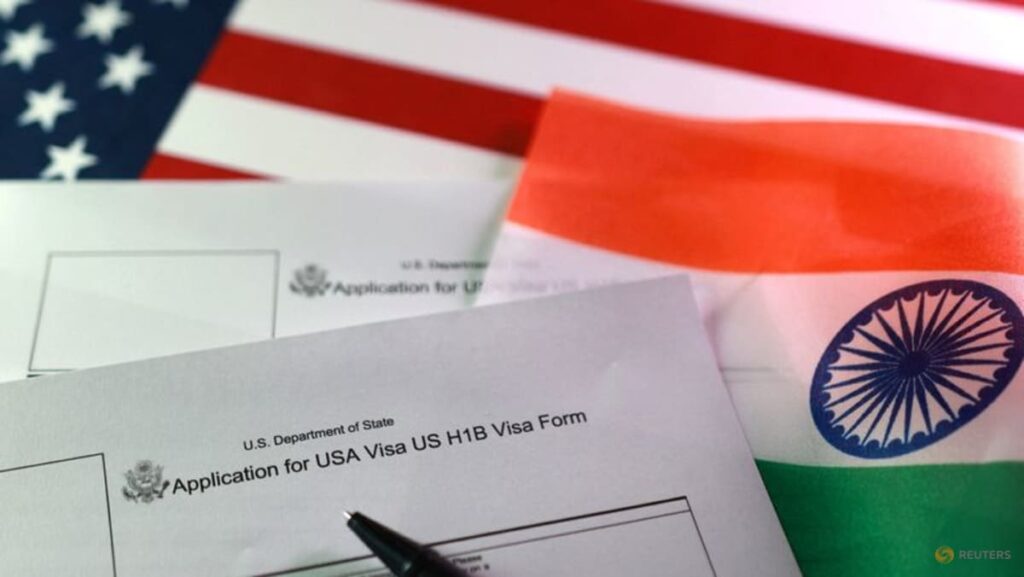BENGALURU: US President Donald Trump’s H-1B visa crackdown will hasten United States firms’ shift of critical work to India, turbocharging the growth of global capability centres that handle operations from finance to research and development, economists and industry insiders say.
The world’s fifth-largest economy is home to 1,700 global capability centres, or more than half the global tally, having outgrown its tech support origins to become a hub of high-value innovation in areas from design of luxury car dashboards to drug discovery.
Trends such as growing adoption of artificial intelligence (AI) and increasing curbs on visas are pushing US firms to redraw labour strategies, with global capability centres in India emerging as resilient hubs blending global skills with strong domestic leadership.
“Global capability centres are uniquely positioned for this moment. They serve as a ready in-house engine,” said Rohan Lobo, partner and global capability centre industry leader at Deloitte India, who said he knew of several US firms reassessing their workforce needs.
“Plans are already underway” for such a shift, he added, pointing to greater activity in areas such as financial services and tech, and particularly among firms with exposure to US federal contracts.
Lobo said he expected global capability centres to “take on more strategic, innovation-led mandates” in time.
Trump raised the cost of new H-1B visa applications this month to US$100,000, from an existing range of US$2,000 to US$5,000, adding pressure on US firms that relied on skilled foreign workers to bridge critical talent gaps.
On Monday, US senators reintroduced a Bill to tighten rules on the H-1B and L-1 worker visa programmes, targeting what they called loopholes and abuse by major employers.
If Trump’s visa curbs go unchallenged, industry experts expect US firms to shift high-end work tied to AI, product development, cybersecurity and analytics to their India global capability centres, choosing to keep strategic functions in-house over outsourcing.
Growing uncertainty, fuelled by the recent changes, has given fresh impetus to discussions about shifting high-value work to global capability centres that many firms were already engaged in.
“There is a sense of urgency,” said Lalit Ahuja, founder and CEO of ANSR, which helped FedEx, Bristol-Myers Squibb, Target and Lowe’s set up their global capability centres.
Read the full article here

